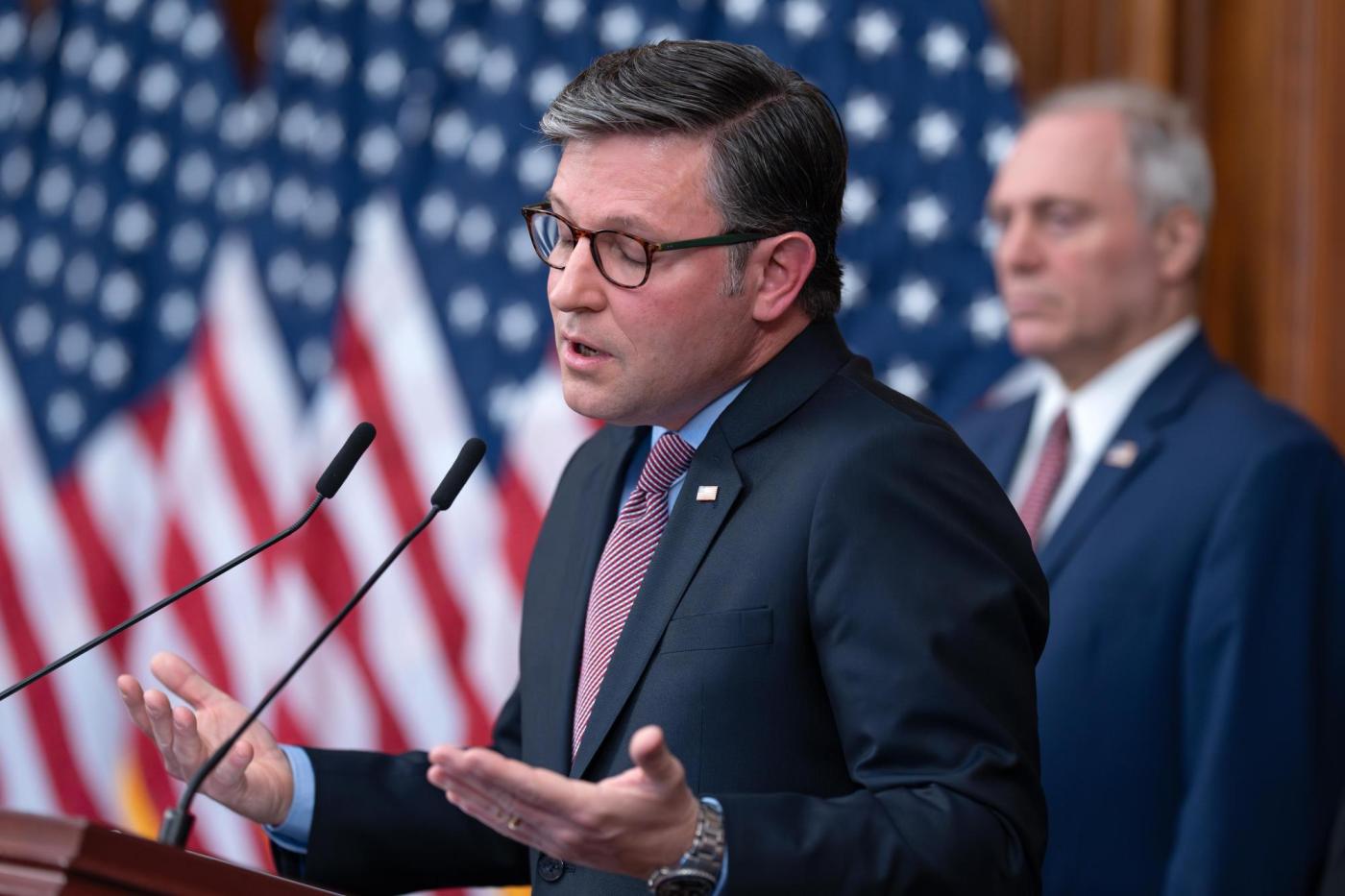URGENT UPDATE: House Speaker Mike Johnson is under fire for what critics are calling a severe case of political amnesia. His inability to recall key events, such as the details surrounding a $230 million bill linked to Donald Trump and allegations about Jeffrey Epstein, has raised eyebrows across the political spectrum.
Johnson’s frequent “I don’t know” responses during critical discussions have prompted accusations that he is disconnected from pressing issues affecting Americans today. In one instance, he claimed he could not provide details on Trump’s taxpayer burden due to “hurt feelings,” only to repeat the same sentiment 24 hours later.
This consistent forgetfulness is not merely personal; it reflects a growing trend among some politicians to dodge accountability. Critics argue that Johnson’s responses echo the historical Know-Nothing Party of the 1850s, which famously rejected knowledge and transparency. This group built their platform on fear and misinformation, traits that some see resurfacing in today’s political climate.
Johnson’s statements about various issues—from an Argentine billion-dollar bailout to a GOP congressman’s questionable spending—have been dismissed as excuses for his apparent lack of awareness. “I’ve been really busy,” Johnson said regarding his inability to comment on recent controversies. This busy excuse may resonate with many Americans, but it raises the question: when does busyness become neglect?
The implications of Johnson’s amnesia extend far beyond personal accountability. As the House Speaker, he holds a significant position in one of the most powerful legislative bodies in the world. His failure to engage with pressing matters such as immigration, police funding, and international relations not only undermines his leadership but also impacts the lives of millions of Americans.
As political tensions rise, the urgency for clarity and accountability from leaders like Johnson becomes paramount. With the upcoming congressional sessions, constituents are left wondering if they can rely on their representatives to address critical issues or if they will continue to evade responsibility.
In a world where information is key, the public demands officials who are informed and engaged. As Johnson navigates these challenges, the stakes are high—not just for his political future but for the trust placed in government institutions.
Moving forward, watch for Johnson’s responses as Congress tackles upcoming legislation. Will he step up to the plate, or will he continue to forget the issues that matter most to his constituents? The American public is waiting for answers.







